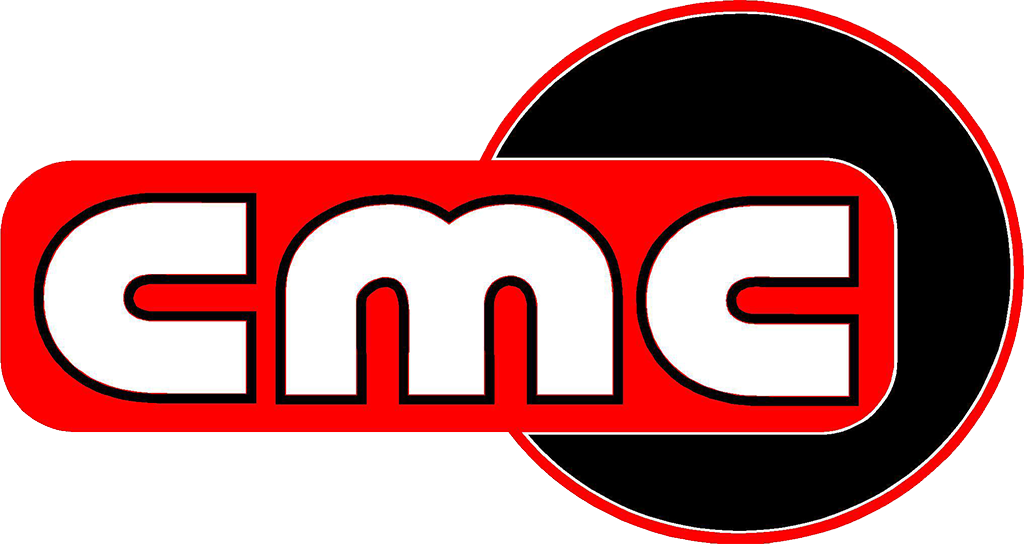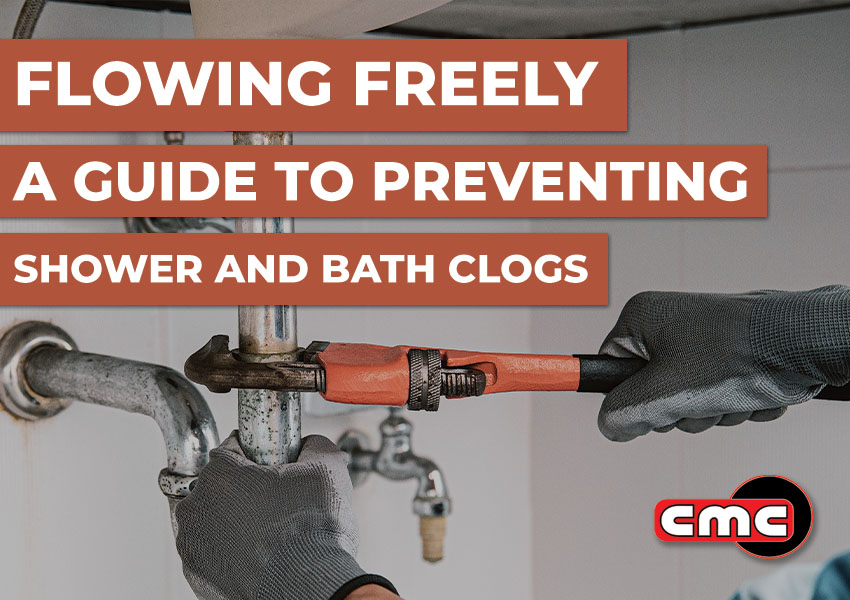There’s nothing more frustrating than standing ankle-deep in water during a shower or bath due to a stubborn clog. Fortunately, preventing clogs in your shower and bath is easier than dealing with the aftermath. In this blog post, we’ll share practical tips to keep your drains flowing freely and ensure a hassle-free bathing experience.
1. Install Drain Screens:
One of the simplest and most effective ways to prevent clogs is by installing drain screens. These affordable devices catch hair, soap scum, and other debris, preventing them from entering the drain. Regularly clean the screens to maintain optimal drainage.
2. Hair Maintenance:
Hair is a common culprit when it comes to shower and bath clogs. To minimize hair buildup, consider brushing your hair before entering the shower. Additionally, using a hair catcher or drain strainer can significantly reduce the amount of hair that goes down the drain.
3. Regular Cleaning:
Regular cleaning is crucial in preventing clogs. A monthly routine of pouring hot water down the drain can help dissolve soap scum and clear minor blockages. For a more thorough cleaning, mix equal parts of baking soda and vinegar, pour it down the drain, and flush with hot water after 15 minutes.
4. Be Mindful of What Goes Down:
Be conscious of what goes down the drain. Avoid pouring grease, coffee grounds, and other debris down the drain, as they can accumulate and lead to clogs over time. Dispose of these materials properly in the trash.
5. Invest in a Plunger:
Having a plunger on hand is a wise investment. In the event of a minor clog, a plunger can often do the trick. Ensure you have the right type of plunger for your drain—flat-bottomed for showers and baths, and bell-shaped for sinks.
6. Use Drain Cleaners with Caution:
While chemical drain cleaners may provide a quick fix, they can also cause damage to pipes over time. Opt for natural alternatives like baking soda and vinegar or consult with a professional plumber for safe and effective solutions.
7. Professional Inspections:
Consider scheduling professional plumbing inspections annually. Plumbers can use specialized tools to inspect your pipes for any potential issues, providing preventative maintenance that can save you from more significant problems down the line.
8. Upgrading Fixtures:
Consider upgrading your shower and bath fixtures to models designed to prevent clogs. Some newer designs include built-in features that reduce the likelihood of debris accumulation.
By incorporating these preventive measures into your routine, you can enjoy a shower or bath without the worry of unexpected clogs. Remember, regular maintenance and mindful habits are key to keeping your drains clear and water flowing freely. If you do encounter persistent clogs, don’t hesitate to consult with a professional plumber to address the issue promptly and effectively. Happy bathing!

